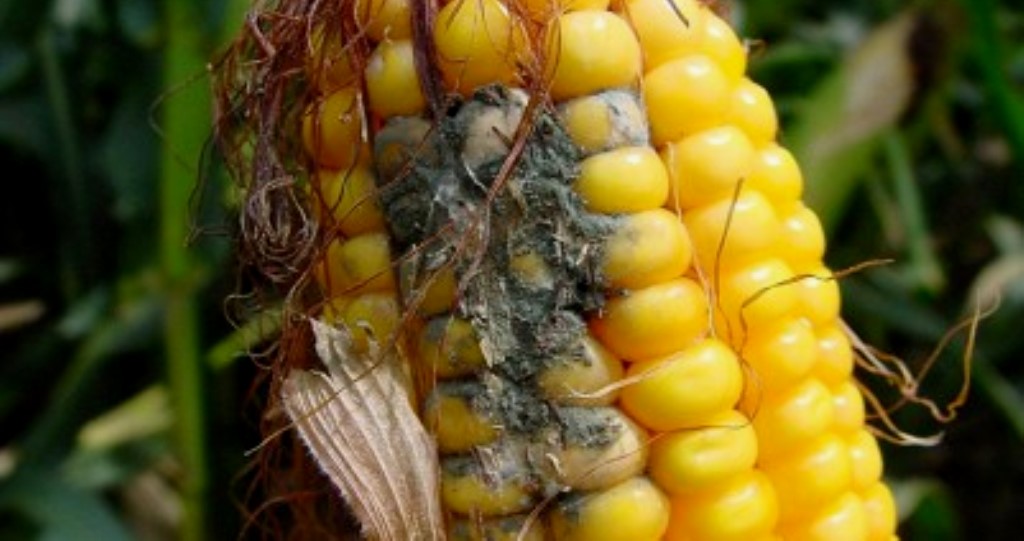THE media has been reporting time and again on possible aflatoxins (food toxins) in improperly stored foodstuffs such as cassava, maize, millet, peanuts, rice, sesame seeds, sorghum, sunflower seeds, nuts, wheat and some spices and how they are detrimental to human health.
But we think that many farmers and people in general are still ignorant of recommended food storage methods. This calls for more public awareness on such methods to minimise chances of food toxins and their adverse effects on health.
Besides this, there is a need for partnership with the private sector to ensure effective and sustainable aflatoxin mitigation.
Aflatoxins are responsible for stunted growth, delayed development, liver damage and liver cancer in children and also in adults, although the latter may have higher tolerance to exposure, according to some studies.
They are also reported by the media to be leading causes of liver disease and liver cancer in the country. Thus, we have every reason to mitigate aflatoxins.
The government, through the Ministry of Agriculture, has signed three contracts and two Memorandums of Understanding (MoU) with three companies to implement the Tanzania Initiative for Preventing Aflatoxin Contamination (Tanipac) Project worth $35.3m (about 81bn/-) to fight against aflatoxins and improve food safety and security.
The government has done this taking into account that maize and groundnuts are highly susceptible to fungal infestation and aflatoxin contamination and Tanzania is a leading producer of maize and groundnuts in East Africa, accounting for two per cent of world production.
Experts say that when contaminated foodstuffs are processed, aflatoxins enter the general food supply chain and domestic animals fed contaminated food can pass food toxins to eggs, milk products and meat.
So, we can directly or indirectly consume contaminated food. This means that aflatoxin mitigation is extremely important in Tanzania.
But for this to happen we have to increase public awareness to make farmers and people in general know well how to store their foodstuffs in a way that minimises food toxins and improves food safety and security.
Religious organisations may also be involved in public awareness because they are very effective in this.
Therefore, we can really fight against aflatoxins from the grassroots to national level if we really want and for the very reason that it is within our capacity. Let us start right now to improve food safety and security







